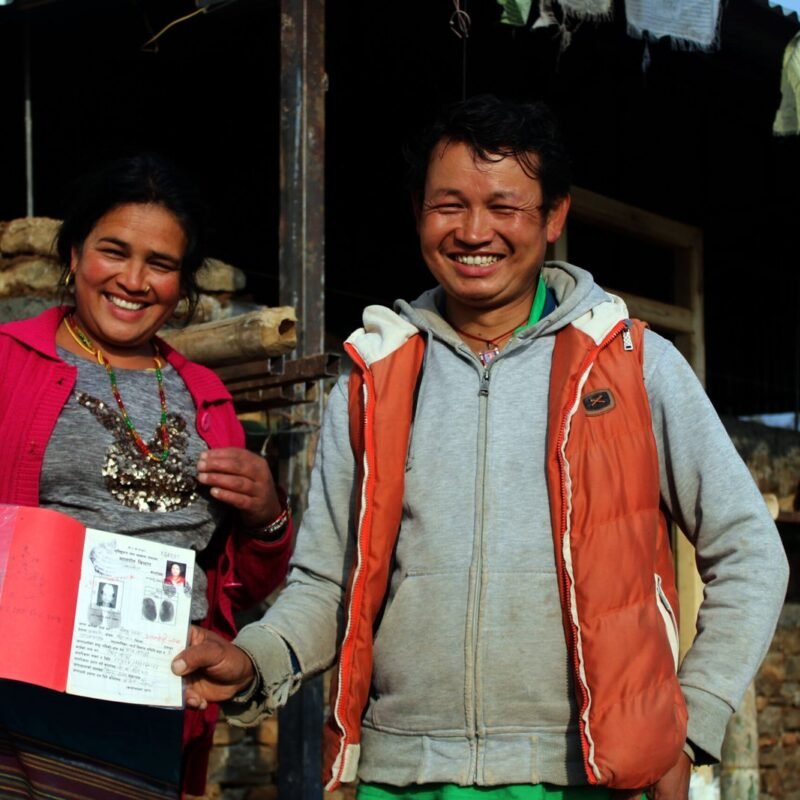Land Allocation
Project Name: Land Allocation
Working Area: Bardiya and Kailali districts
Project Partner: Landesa
Project Duration: August 2024-February 2025
Land Allocation: Piloting Allocation of Land to Landless Dalit Families in two Provinces of Nepal aims to assist the Government of Nepal in implementing its land policy, which prioritizes the allocation of land to landless Dalit families, including squatters, who are among the most marginalized communities in the country. The project works on a pilot basis with four selected local governments: Bansgadhi Municipality and Badhaiyatal Rural Municipality in Bardiya district (Lumbini province), and Janaki Rural Municipality and Lamkichuha Municipality in Kailali district (Sudurpaschim province) to allocate land and land certificates, with a focus on ensuring these are registered in the names of women or jointly with their husbands. Adopting a system-strengthening approach, it aims to build local government capacities to manage land allocation processes effectively and empower new landowners to access government services. By piloting this approach, the project will provide a demonstration model for the Government of Nepal and other local governments, showcasing how local authorities can drive land allocation and certification while collaborating with land commissions and other stakeholders. Landesa will provide technical guidance and support throughout the project’s design and implementation, helping to ensure its success and scalability.
Principal Objective:
To create a replicable model that demonstrates how the Government of Nepal and local governments can systematically work together to allocate land and land certificates to landless Dalit families, improving their livelihoods and life options.
Specific Objectives:
- To pilot the land allocation process in four local governments, targeting 1,000 landless Dalit families, with an emphasis on gender equity in land ownership.
- To provide land rights training to new landowners, including information on accessing government services.
- To evaluate the effectiveness of the pilot and document learnings for scaling the approach nationwide.
- To recommend improvements in the land allocation process, focusing on enhancing community participation and ensuring the inclusion of women.
Expected Outcomes:
- Allocation of land and land certificates to 1,000 landless Dalit families.
- Enhanced capacity of local governments to manage land allocation processes.
- Increased access to government services for new landowners.
- A demonstration model for systematic land allocation, benefiting marginalized communities across Nepal.

